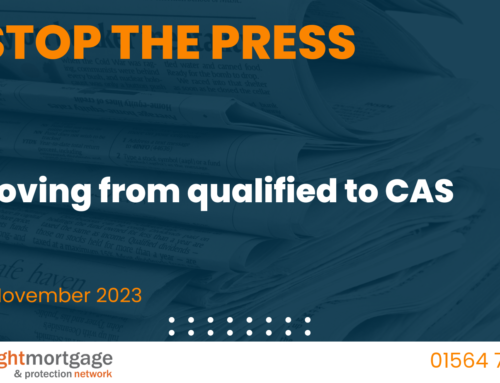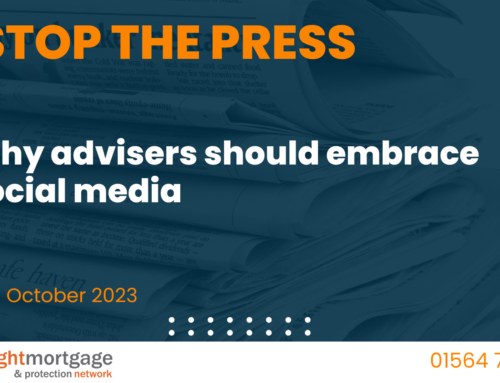BY: Doug Hall, Director, 3mc
________________________________________________________________________
At a recent industry conference, Rob Barnard, Sales Director of Pepper Homeloans shared some interesting facts about CCJs.
He pointed out that (according to Registry Trust) last year there were more CCJs registered against consumers in England and Wales than any other year on record, with 15.77 judgments being issued per 1,000 people, compared to 12.79 the year before (on average, 2,799 CCJs were issued every day in 2016).
Interestingly, however, although the number of judgments has risen, the average value has fallen dramatically. Last year, the average value of a CCJ was £1,711 whereas in 2008 it stood at £3,624.
What’s driving this change? A number of factors, including an increase in unsecured and credit card debt and the fact that today more claimants are suing for smaller amounts.
Specialist mortgage lenders have not been slow to recognise this trend and some have moved away from specifying the number and value of CCJs that are acceptable for each of their products, to a system which now specifies only the number of CCJs that are acceptable. These lenders are more interested in when and why a life event happened that resulted in a CCJ, than the actual value of the CCJs.
Let me give an example of the type of circumstance where this can be very helpful. A borrower went through a very difficult divorce just over 2-years ago and the financial turmoil which followed resulted in 2 CCJs of more than £2,500 being awarded against him 6 months after his divorce. However, having regained control of his finances he decided to buy a home of his own rather than continue to rent and had a 30% deposit, meaning a loan of 70% LTV. Having discovered that all the high street lenders he approached wouldn’t consider his application, he approached a broker for help and discovered that there are specialist lenders who are willing consider his application, despite his 2 CCJs.
One lender was willing to offer a deal with a starting rate of 3.68%, providing he had not incurred any CCJs in the last 18 months (which he had not) and had no more than 2 CCJs in months 19 to 24 (again, he was OK on that count). Brokers need to read the small print very carefully regarding the number of CCJs that are permissible and in what time period they can be incurred, but the good news is that there are an increasing number of lenders who will cater for these types of circumstances.
The move from assessing the value of CCJs to the number of CCJs makes life considerably easier for brokers and is therefore a welcome development. Let’s hope simplification is a trend that catches-on!
Specialist lenders continue to sharpen rates & criteria
Specialist lenders have also been busy in recent weeks enhancing both their rates and lending criteria:
Kensington – has cut rates on its specialist distributor exclusive 2 and 3 year fixed rate products by up to 0.5%, including its no-fee options.
Pepper Homeloans – has cut its 30-month, 2 and 5-year fixed rates and reduced fees on its range of non-conforming residential mortgage products.
The Mortgage Lender – is marketing a ‘packager exclusive’ deal for first-time buyers up to 85% LTV. It offers a choice of a 2-year tracker or 3 or 5 year fix, with rates starting from 2.72%. TML will consider adverse credit.
Magellan Homeloans – has cut its 2-year fixed rates by up to 1.01% across its range of complex prime mortgages, which are available up to 85% LTV.
Foundation Homeloans – has launched a new range of residential mortgage products, with rates starting from 2.99% for 2-yr fixes with an arrangement fee of £995. They will accept CCJ’s, defaults and arrears within the last 2 years.
Vida Homeloans – has cut its 2-year tracker, 2-year and 5-year fixed rates on buy-to-let products by up to 0.6% and reduced revert rates across its buy-to-let products.
Aldermore – has lowered the stress rate and reversion rates on its 5 year fixed rate buy-to let mortgages, which now offer rates from 3.28% with a 2% product fee.
Shawbrook Bank – has cut rates by up to 1.68% and increased its maximum LTV to 70% on its commercial mortgage range.
Secure Trust Bank – has entered the UK mortgage market with an intermediary-only range of mortgages for the self-employed and those with complex incomes. Rates start from 2.99%.
Bluestone Mortgages – has enhanced its criteria by reducing its minimum loan amount to £50,000, the minimum property value to £75,000 and has also increased its maximum loan amount to £400,000.
Together – has introduced a tiered approach to interest coverage ratios, which is now 125% for basic rate taxpayers, 145% for higher rate taxpayers, 165% for additional tax rate payers and 125% for limited company applicants.
As more new lenders enter the mortgage market, so we’re seeing more specialist propositions being announced and we’re also seeing existing lenders sharpen both rates and criteria.
It’s a competitive market, but one that is working to the benefit of both borrowers and brokers.





